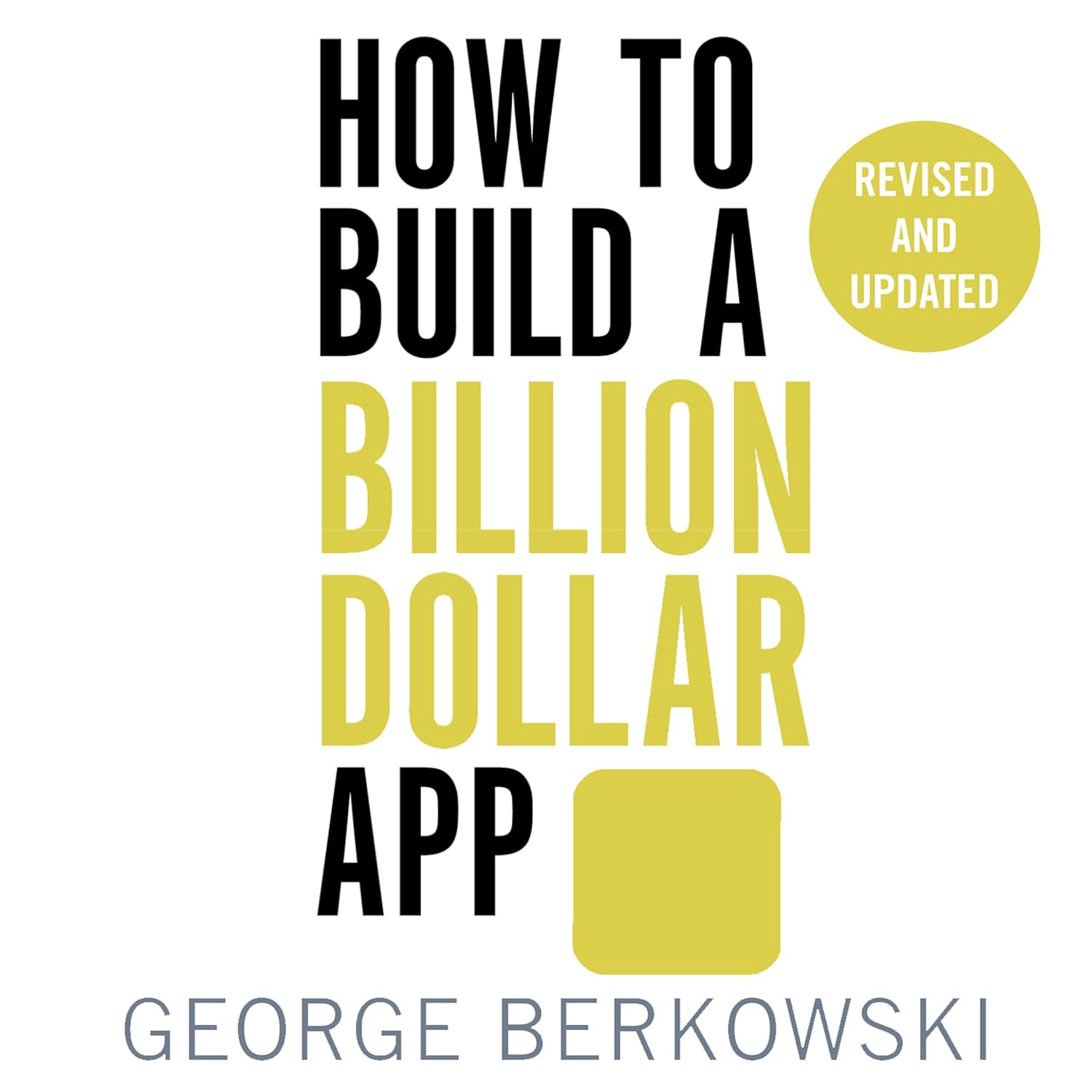Introduction
Have you ever dreamed of starting a business that could make billions? Turning that dream into reality begins with a powerful idea. Finding a billion-dollar business idea isn’t just about luck; it’s about understanding the market, solving real problems, and creating something that stands out. In this guide, we’ll break down actionable steps to help you identify and nurture a business idea with the potential to transform industries.
Understanding the Concept of a Billion-Dollar Business Idea
A billion-dollar business idea isn’t necessarily revolutionary but has the ability to solve problems on a massive scale. Think of companies like Uber, Airbnb, or Canva—they didn’t invent new industries but disrupted existing ones with innovative approaches.
Key Characteristics of a Billion-Dollar Business Idea:
- Solves a significant problem or meets a strong demand.
- Appeals to a broad market or addresses a niche with high value.
- Is scalable with potential for exponential growth.
- Has a sustainable revenue model.
Why Billion-Dollar Business Ideas Matter
Billion-dollar ideas are more than a financial milestone; they influence industries, create jobs, and drive innovation. Here’s why they’re essential:
- Impact: Solving large-scale problems improves lives globally.
- Opportunities: Billion-dollar companies attract investors, partnerships, and market recognition.
- Legacy: Such businesses leave a lasting imprint, changing how industries operate.
Step-by-Step Process to Find a Billion-Dollar Business Idea
Let’s dive into the actionable steps to help you discover your billion-dollar business idea.
1. Identify Problems Worth Solving
Start by observing pain points people face daily. Successful businesses are built by sol

ving real problems.
Actionable Tips:
- Interview potential customers to understand their challenges.
- Pay attention to inefficiencies in your own life or industry.
- Explore forums, social media, or online communities like Reddit and Quora to identify common complaints.
Example: Uber emerged to solve the inconvenience of finding reliable transportation, combining convenience and affordability.
2. Leverage Your Passion and Skills
Your interests and expertise can be powerful assets. A business aligned with your passion will keep you motivated, while leveraging your skills can give you a competitive advantage.
Questions to Ask Yourself:
- What problems do I feel excited about solving?
- What industries do I have experience in?
- What am I naturally good at?
3. Analyze Market Trends
Look for industries that are growing or undergoing significant changes. Emerging technologies and shifts in consumer behavior often create opportunities.
How to Analyze Trends:
- Use tools like Google Trends, Statista, or industry reports.
- Follow thought leaders and influencers in your niche.
- Attend trade shows and webinars to understand the latest innovations.
Trending Industries in 2025:
- AI and machine learning
- Sustainable products and services
- Remote work solutions
- Health and wellness technology
4. Validate Your Idea
Before investing time and resources, validate your idea to ensure it’s viable. This step minimizes risks and increases the likelihood of success.
Steps to Validate:
- Conduct surveys and focus groups.
- Create a Minimum Viable Product (MVP).
- Use platforms like Kickstarter to gauge interest.
5. Build a Unique Value Proposition
Differentiate your idea by offering something unique. Your UVP should clearly state why customers should choose your solution over competitors.
Example: Canva simplified graphic design, targeting non-designers with an easy-to-use platform.
6. Develop a Scalable Model
A scalable business model allows growth without proportional increases in costs. Focus on solutions that can expand across regions and demographics.
Key Elements of Scalability:
- Leverage technology to reduce operational costs.
- Focus on subscription or recurring revenue models.
- Outsource non-core tasks to maintain flexibility.
Practical Examples of Billion-Dollar Business Ideas
| Business Idea | Problem Solved | Scalable Model | Example Companies |
|---|---|---|---|
| Ride-Sharing App | Transportation convenience | Technology-driven | Uber, Lyft |
| Sustainable Packaging | Reducing plastic waste | Eco-friendly solutions | Loop, Notpla |
| Online Learning Platform | Flexible education | Subscription model | Coursera, Udemy |
| AI-Powered Tools | Process automation | SaaS platforms | ChatGPT, Jasper |
Tools and Resources to Help You Brainstorm Business Ideas
- Mind Mapping Tools: Tools like MindMeister or XMind can help you organize thoughts.
- Idea Generation Platforms: Platforms like IdeaScale and Board of Innovation offer inspiration.
- Trend Analysis Tools: Use Exploding Topics or Google Trends for emerging trends.
- Market Validation Tools: Use SurveyMonkey or Typeform to gather feedback.
Frequently Asked Questions (FAQ)
1. Can anyone come up with a billion-dollar business idea?
Yes, anyone with the right mindset and approach can discover a lucrative business idea. It’s about observing problems and finding innovative solutions.
2. How long does it take to validate a business idea?
Validation time varies but typically takes a few weeks to a few months, depending on the complexity and market size.
3. Do I need significant funding to start a billion-dollar business?
Not necessarily. Many billion-dollar companies started with minimal resources and scaled as they grew.
4. How important is scalability for a billion-dollar business idea?
Scalability is crucial. Without it, your business may be profitable but won’t reach billion-dollar potential.
Conclusion
Finding a billion-dollar business idea may seem daunting, but with a systematic approach, it’s within reach. Start by identifying problems, leveraging your strengths, and validating your ideas. Once you’ve found your concept, focus on scalability and differentiation.
Ready to bring your idea to life? Explore our curated tools and resources to refine your business plan. Remember, every billion-dollar company started with a single step—take yours today!

